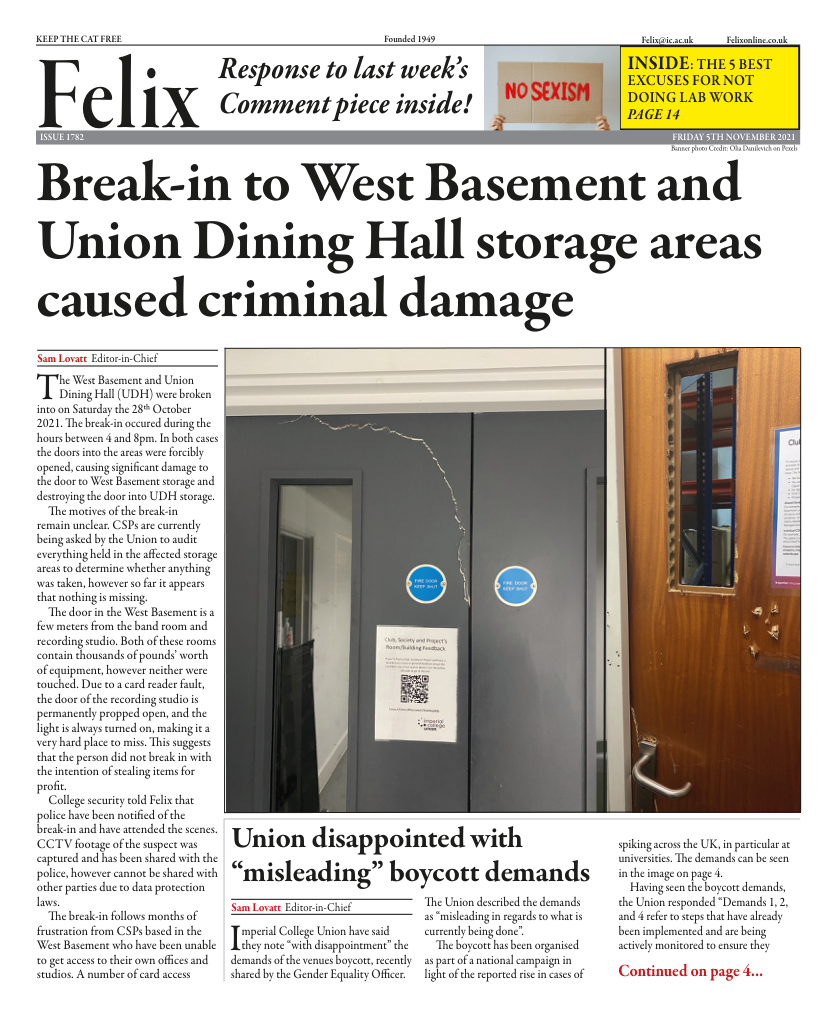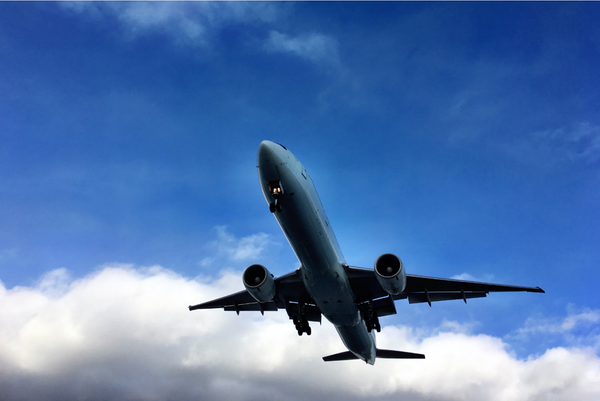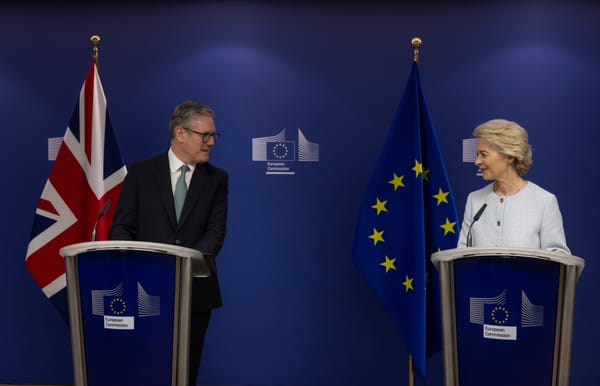Deep-dive into the Infrastructure Budget 2021
Unpacking the controversies behind UK's new infrastructure budget

The eyes of the world are all focused on the UK. The crucial COP26 summit currently being held in Glasgow has meant that the Government has new incentive to prioritise its environmental policies. The Autumn Budget, unveiled by Rishi Sunak last week, was the chance for them to quite literally put their money where their mouth is, and the Government took the opportunity, with details of green projects having slowly been released in the preceding days. Upon further reading, however, it is disappointingly clear that like every other challenge they have faced, the Government have fumbled this one as well.
It is important to not be too negative. The UK has made excellent progress in its climate goals when compared to similar economies, aided by the extensive deployment of offshore wind. Prior to the current energy crisis, the UK completed the longest period of time without burning coal since the start of the industrial revolution. In the 15 years of reliable data prior to the pandemic, total emissions were reduced by 37% while GDP increased by 21%, almost halving the carbon intensiveness of the economy. In this regard, the UK is leading the world along with Denmark, and is more than qualified to host a conference of this importance. These initial improvements, however, are the easiest to achieve, and future improvements are reliant on committed funding by the Government.
The Build Back Better, Build Back Greener, and Levelling Up schemes – along with their buzzword-laden brethren – have provisions to invest in local transportation. This year’s budget in particular has emphasised the funding available to cities to improve public transport in the model of London, with £5.7 billion being split between urban areas such as Greater Manchester and the West Midlands. £500 million has been allocated to redevelop rail lines destroyed by the notorious Beeching cuts. Looking beyond the headline figures, however, shows that of the approximately £7 billion of funding promised, only about 20% is new, with the rest comprising of money that had already been committed.
More worrying, however, is the importance given to roads in this year’s budget. £24 billion has been allocated over the next 4 years to build new roads or upgrade existing ones. 4000 miles of road are to be constructed, including new tunnels under Stonehenge and the Thames. Road construction is an incredibly carbon-intensive process, with a review of a highway construction project in Costa Rica finding that each kilometre of completed road emitted almost 66 tonnes of greenhouse gases. Higher quality roads entice people to use them, and this induced demand will lead to more cars on the road, the vast majority of which are still powered by fossil fuels. Higher average speeds on these roads also mean that vehicles are less fuel-efficient, further driving up emissions.
The Government has tried to sweep the effects of its flagship Road Improvement Scheme under the carpet, claiming that the programme will only result in 0.27 Mt of CO2 emissions over its reporting period from 2020 to 2032. This figure, however, only counts five of the 50 projects encompassed by the scheme. Construction emissions have not been accounted for, along with increased pollution resulting from induced demand and higher travel speeds. This means that experts, including some of the Government’s own advisors, have stated that the emissions estimate has been reduced by a factor of 100 or more. Grant Shapps, the Minister for Transport, overruled advice from the civil service which recommended a review of the plans on environmental grounds. Instead of engaging with expert advice and environmental protest groups, the Government has chosen to blindly continue with their poorly justified plans.
Another disappointing result of the budget has been the Government’s approach to the airline industry. While Boris Johnson’s use of a private jet to get to and from COP in Glasgow has made headlines, the real harm is being done quietly in a small sentence in the 2021 budget. From 2023, the Government plans to halve Air Passenger Duty (APD) for all domestic flights in the UK, making them significantly cheaper. This is being done at the same time as UK train prices, already amongst the highest in Europe, are being increased by an average of 3%, which is greater than the rate of inflation. These changes will only serve to heighten the disparity that already exists – for the most popular routes, train journeys cost 50% more than a domestic flight, despite emitting 80% less CO2.
A simple way to look at governance is to incentivise the things you want people to do and penalise things you do not. The Government wants people to go through further education, as this props up the education industry and increases average wages and education standards. This is incentivised by the funding given to universities and through the student loan system. Conversely, smoking negatively impacts public health and costs the NHS billions, and as such is taxed heavily. The Government’s approach to domestic travel is therefore incredibly confusing – despite committing to reduce emissions, they are increasing the cost to those who are already paying extra to do the right thing. It is even more shameful when you look at the actions of others – France, for example, has banned all domestic flights with a duration of less than 2.5 hours. The UK is relatively small, and this means that even with our old, slow rail network it is normally quicker to get the train between major cities than it is to fly. The only barrier is cost, and the Government widening the gap in the week before COP26 is a strange move.
The justification is that cheaper travel between cities will help with maintaining the Union; a terrible solution to a completely self-inflicted problem. It is true that certain communities rely on aviation for reliable transportation, but these locations are already exempt from APD. Tax is not collected on flights within the Highlands, for example, as there is no form of public transportation that is suitable, and this is a reasonable measure. Journeys such as London to Manchester do not need this help. Reducing the cost of flying within the UK as a whole is an act requested by the airline lobbies and poorly disguised as a move for solidarity.
2021 was the year for a truly green budget to be announced. The economic rebuild from the pandemic, coupled with record-low interest rates, was the perfect opportunity for the Government to spend wisely in projects that would reinforce the UK’s position as a world leader in the net zero transition. The infrastructure plans mentioned in the budget, however, cannot be described as anything but disappointing.









